
Authentic Autistic Bonds: Celebrating the Neurodiversity-Affirming Friendships of "Only Murders in the Building"
Autistic podcast hosts Dr. Angela Kingdon and Matt Lowry provide an update on their analysis of the TV show "Only Murders in the Building," exploring additional evidence that suggests actress Selena Gomez may also be in club ‘tism.
They note Gomez's co-occurring condition of lupus, which has a high rate of co-occurrence with autism, as further potential insight into her neurodivergent identity.
The hosts discuss how autistic friendships are often built on shared special interests, in contrast to the more gradual, stage-based progression of neurotypical friendships, which can involve implicit rules and superficial interactions.
They conclude that autistic individuals should prioritize seeking out autistic friendships, as these connections can avoid the exhaustion and masking often required in neurotypical social dynamics.
Overall, the podcast hosts feel "Only Murders in the Building" provides an exemplary depiction of an authentic, supportive autistic friendship, serving as a model for the kind of community and understanding autistic individuals should strive to cultivate.
The discussion emphasizes the value of neurodiversity-affirming relationships and the importance of autistic individuals finding belonging within their own community, rather than forcing themselves to conform to neurotypical social norms.
What’s your experience with Autistic friendships? Tell us about it in the comments and use #AutisticCultureCatch to share your answer on your social media and connect with other listeners!
Nico’s stages of allistic friendship progression:
Acquaintance: Running into someone regularly due to a common social environment.
Cohort/casual friend: Making occasional plans together, often context-dependent (e.g. "my friends from the dance group" or "classmate" or "colleague") but more intimate than acquaintances.
Friend: Friends are people who know approximately who you are (or the version of yourself you present to the world). They probably know who several of your other friends are, may offer to pitch in on a project or lend a hand with a move.
Close friend: Close friends expect to be early on the list of people you'd call upon for emotional or practical support or even relationship advice, but not necessarily for the "big problems."
Superlative of choice: Whether they call it BFFs, besties, "my/the girls/boys/people," chosen family, sweetheart, etc. these are the people whom they'd consider using up vacation days to support—the ones who might do the same for them. Curiously, these are the people they'll back in an argument even when they're clearly at least partially in the wrong.
More TACP:
Check us out on Instagram
Find us on Apple podcasts and Spotify
Learn more about Matt at Matt Lowry, LPP
Matt’s social media: Autistic Connections Facebook Group
Learn more about Angela at AngelaLauria.com and Difference Press
Angela’s social media: Twitter and TikTok
TACP’s Autism-affirming TeePublic merch shop
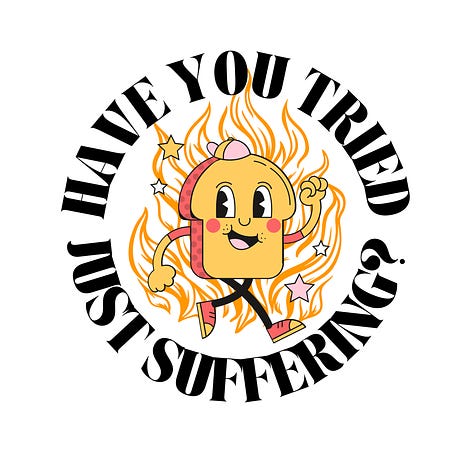

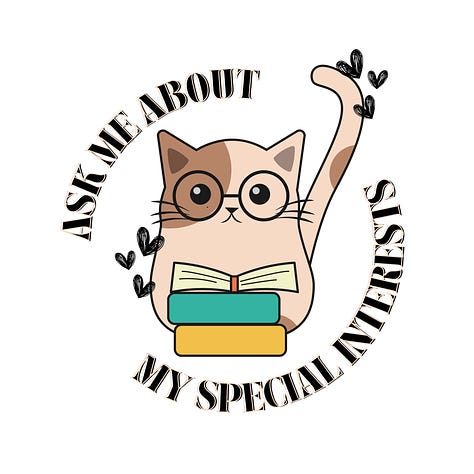


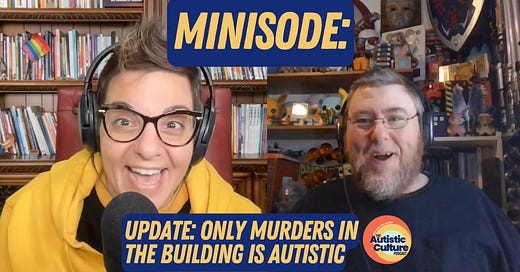
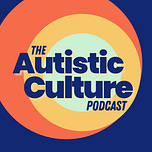





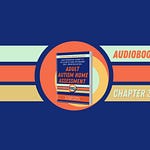



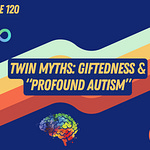
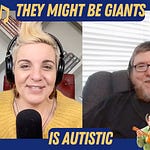

Share this post